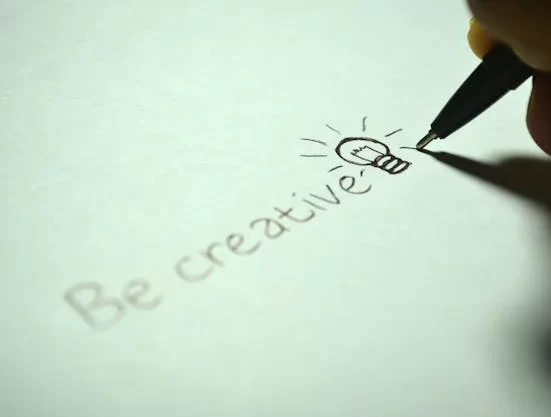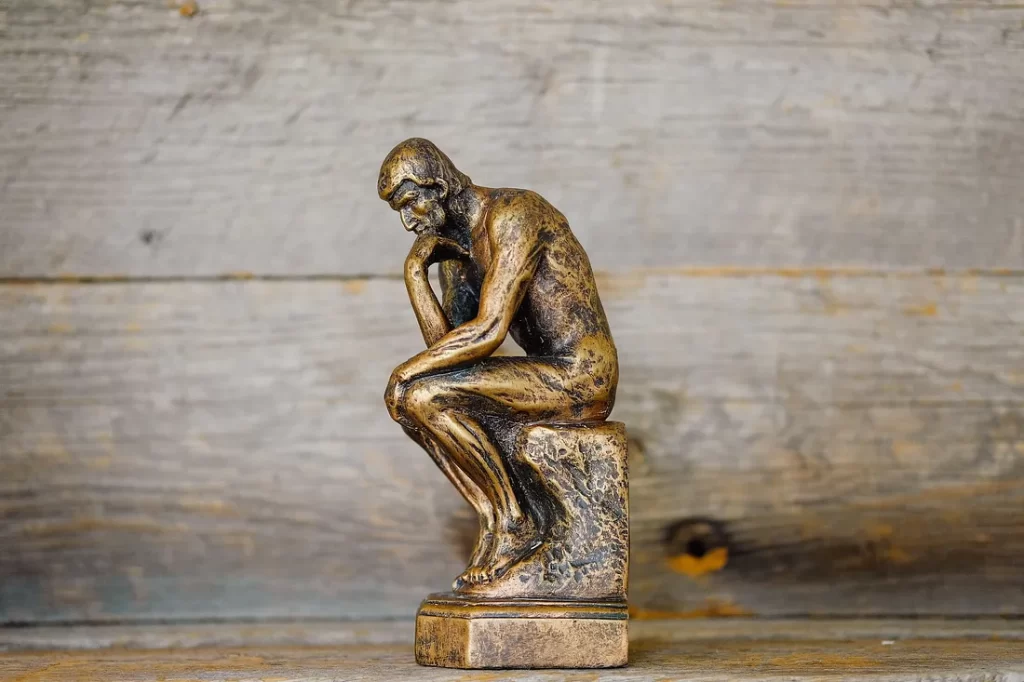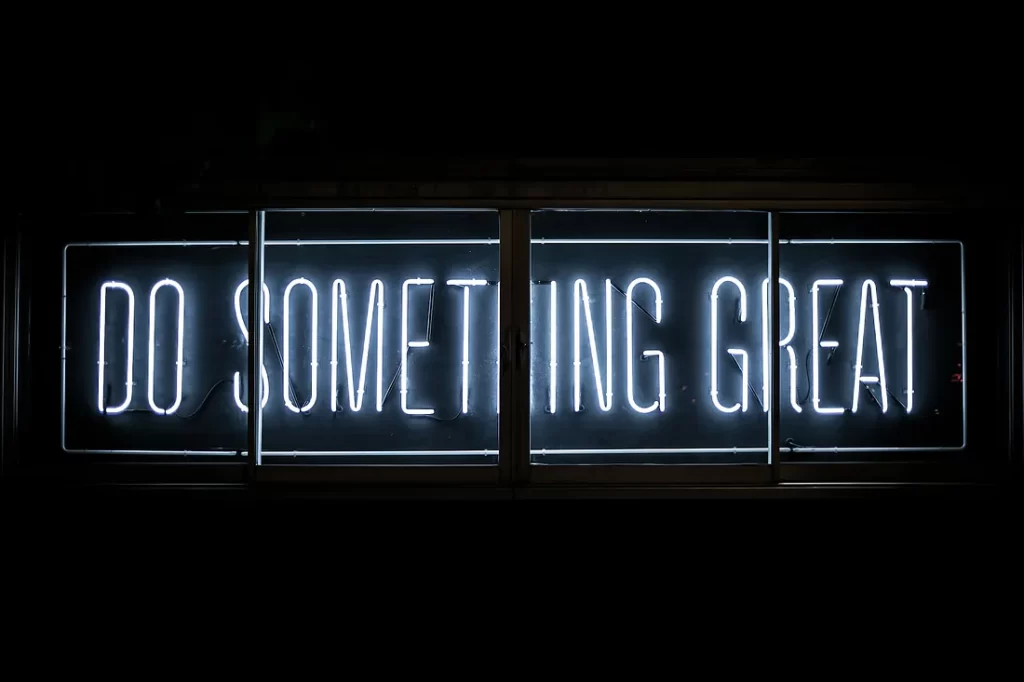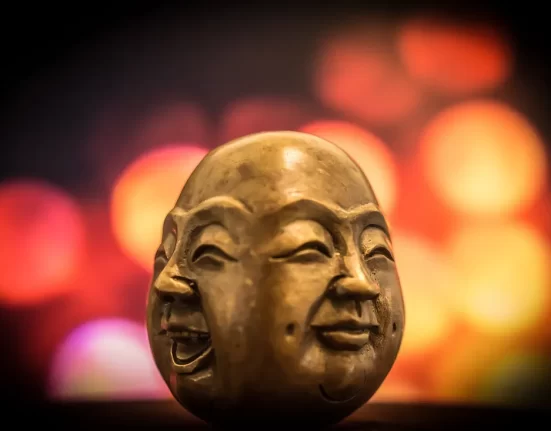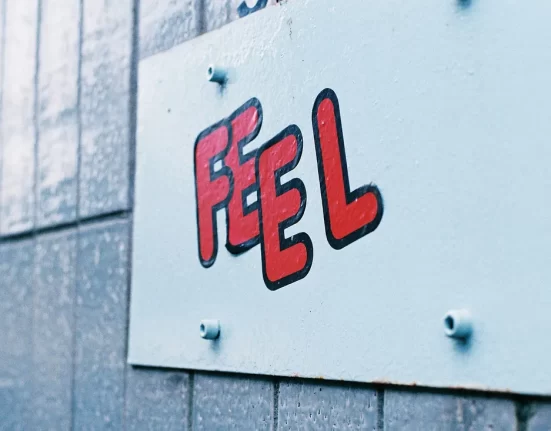In modern society, it’s easy to get swept up in the fast paced rhytm of our daily lives. We often find ourselves racing from one task to another, rarely taking the time to pause and reflect on our thoughts, actions and experiences.
However, we are here today to learn how to use self-reflection as a powerful tool that can lead to personal growth, increased self-awareness and a more detailed understanding of ourselves and the world around us.
The importance of self-reflection
Self-reflection is the process of looking inward to examine our thoughts, emotions and behaviors. It involves taking a step back from the chaotic life to gain clarity and insight into who we are and what we want.
Throughout the ages, this practice has played an essential role in human development. Ancient philosophers such as Socrates, Plato and Aristotle placed significant emphasis on self-examination.
Socrates, often considered the father of Western Philosophy, famously declared: “The unexamined life is not worth living.” He encouraged individuals to always question their beliefs, values, and actions to attain a deeper understanding of themselves and the world around them.
Plato further expanded on this idea, emphasizing the importance of introspection in his philosophical dialogues. He believed that self-reflection was essential for moral and intellectual development, guiding individuals toward a life of virtue and knowledge.
Aristotle, a student of Plato, proposed the concept of eudaimonia, often translated as “human flourishing” or “the good life.” He argued that true happiness and fulfillment could be achieved through self-reflection and the pursuit of moral virtues.
Advice:
Now that we understand the importance of this ancient practice, let’s take a look at some tips for making it a part of your daily life:
- Set aside time: Dedicate a specific time each day for self-reflection. It could be in the morning, during lunch, or before bedtime. Consistency is key.
- Find a comfortable place: Choose a quiet, comfortable space where you won’t be disturbed. This could be a cozy corner in your home, a park bench, or a peaceful room.
- Set goals: Use self-reflection to set personal and professional goals. Breakthese goals into smaller, actionable steps.
- Ask yourself questions: Don’t forget to explore your mind by asking yourself different questions, such as “What am I grateful for today?” or “What challenges did I face, and how did I handle them?”
Incorporating self-reflection into your daily life can be a changing experience. It empowers you to become more self-aware, make better decisions, and chart a course toward personal growth and fulfillment. Remember that self-reflection is an ongoing journey, and with patience and dedication, you can unlock its remarkable potential to enrich your life. Start today, and you’ll be amazed at the positive changes it can bring.

